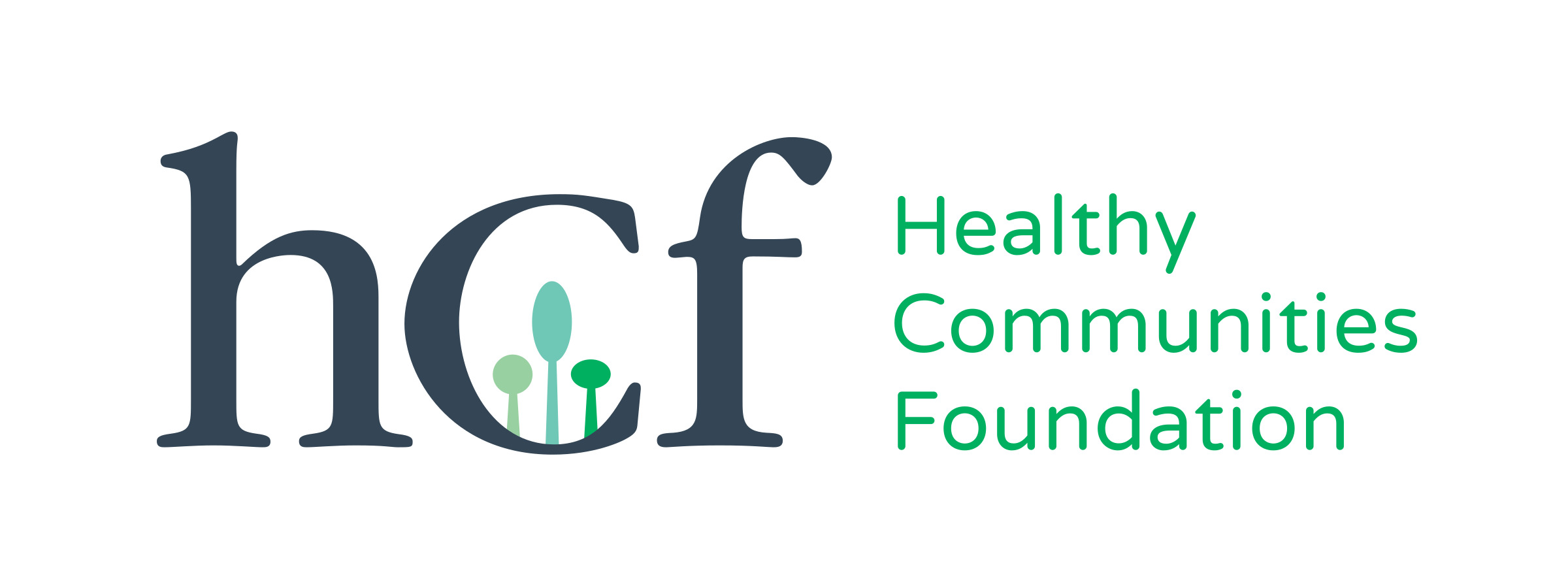BOLD INVESTMENTS
OVER THE YEARS
2018
2019
2020
2021
2022
INVESTMENT TIERS
SCALE
IMPLEMENTATION
EXPLORATORY
EMERGENT
RESPONSIVE
2023 GRANT RECIPIENTS
Related articles:
- “HCF Co-Hosts First West Suburban CHW Learning Lab”, July 2022
- “IL CHW Policy Update”, February 2022
- “Trusted Messengers in Chicago’s Western Suburbs”, June 2021
INVESTMENT TIER: IMPLEMENTATION
The Financial Resilience Capacity Building Initiative seeks to strengthen the fiscal capacity of local BILPOC-led and BILPOC-serving organizations emerging from the COVID pandemic. The Initiative harnesses the combined networks and expertise of BDO Financial Management Associates (BDO FMA), Forefront, IFF and AMPT to facilitate a technical assistance center for up to 20 nonprofit organizations. It offers custom fiscal health assessments, one-on-one coaching, targeted supports and more. This Initiative grew out of the findings from a local financial health capacity-building landscape scan conducted in 2021, which identified a gap in financial health resources for smaller to medium-sized BILPOC-led organizations.
Related articles:
INVESTMENT TIER: RESPONSIVE
Thousands of migrants arrived in Chicago in 2023 after being bussed or flown from the Texas border. Despite investments from the City of Chicago, significant gaps exist for housing the most vulnerable asylum seekers that include families with children under the age of 5, individuals with complex medical needs and unaccompanied youth. New Life Centers offer emergency shelter to asylum seekers and refugees located in police stations and purchase materials to address health needs in our service region.


